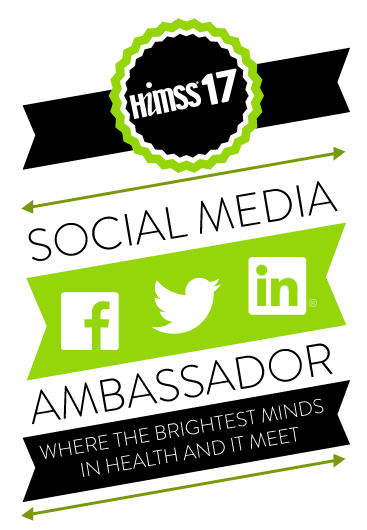Content and Technology: A Love-Hate Relationship
 Tuesday, November 24, 2009 at 3:25PM
Tuesday, November 24, 2009 at 3:25PM In late October I participated in a couple of conferences that underscored how information technology (IT) has changed business publishing. The first event, e-Patient Connections 2009, had a diverse audience comprised of Pharma marketers, medical communications agencies, health literacy experts, and health care publishers. Special guests included e-Patients who spoke about their use of community, content, medical expertise, drugs and devices to manage their conditions to allow them to live life as ordinarily (or extraordinarily) as they would if they didn’t have their disease or condition.
The second event, Data Content09, was the InfoCommerce Group’s 17th annual event for b2b directory and data publishers. Themes ranged from improving lead-generation applications of directories, the importance of understanding the workflow needs of your customers, and the overarching theme of how over time technology is commoditizing content.
The keynote speaker at Data Content09, Sharon Rowlands, CEO of Penton Media, described how she has aligned Penton by markets and is undertaking a thorough customer analysis to understand how the company’s information can be integrated into customer workflow and improve productivity. Sharon described why in today’s economy, in order to rise above commodity status, publishers need to offer point-of-need solutions that are tailored to each segment of their user base. Standalone reference works and print publications may still play a role, but it is an increasingly marginal one.
The final session of Data Content09 presented four examples of companies that are employing IT to their advantage. These companies (Capterra, KnowWho , Skyscape, and EDA) effectively use technology to move up the value chain. Publishers need to ask themselves how their data can be put to use to make their customers more productive: for example, can their data be integrated into the customer’s supply chain process or sales pipeline process? Or can technology and Web 2.0 tools help improve the quality of the data that are provided, through reviews and ratings, deeper verification, or mash-ups with related content? In some cases, it’s as simple as offering a mobile version or including video or interactive quizzes to enhance the experience for the user.
Forward-looking publishers recognize the inevitability of commoditization of information due to better, cheaper, and faster IT and digital distribution. These leaders use the commoditization trend (“the race to the bottom” in the words of Barry Graubart from Alacra) to their advantage by scouting more and more free inputs for their higher value information packages, and they know how to use commodity-level information as a marketing tool.
For more on the topic of content commoditization and the importance of moving up the content value chain, see the slides from my e-Patient Connections 2009 presentation (esp. slides 7-11). Although focused on the opportunities in the health content sector, these slides apply to all types of information.
 IT,
IT,  epatients,
epatients,  infocommerce
infocommerce 

Reader Comments (1)
This is interesting.
THE SHORT END OF THE STICK
Electronically sharing health information is coming. For those of us in addictions treatment this has great implications. State and federal initiatives promoting electronic interoperability of health information affect us directly. This is especially true for those of us providing addiction treatment…
Addiction treatment providers need to participate because sharing patient information will improve health outcomes.
LINK TO READ MORE (http://goo.gl/qUlSh, Behavioral Health Software)
By Dr. John Leipold, Executive Vice President / COO, Valley Hope Association